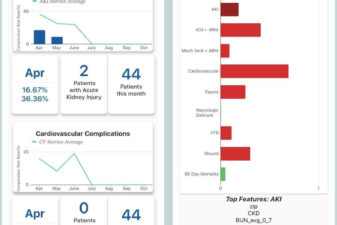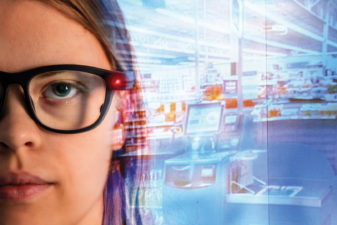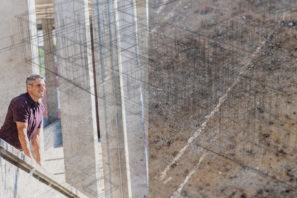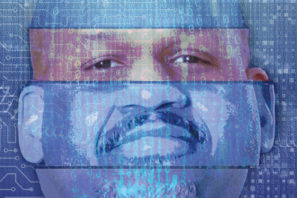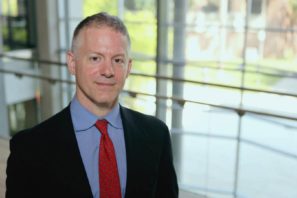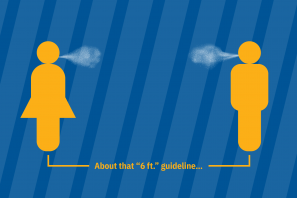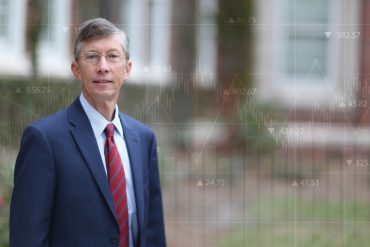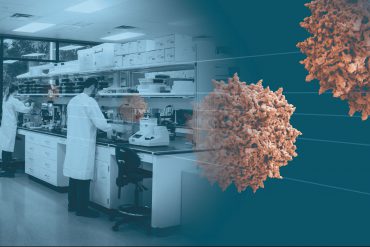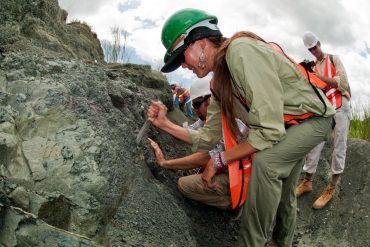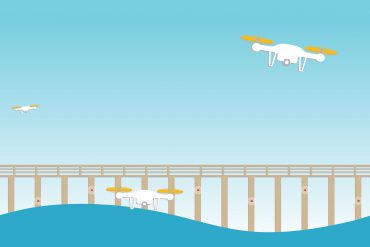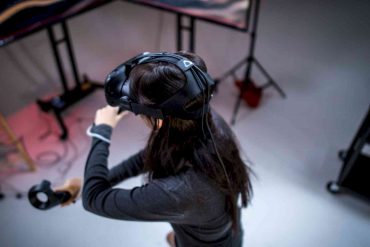Complications after surgery can pose many challenges for both physicians and patients. Now, University of Florida researchers have confirmed their...
Head up to the second floor of the University of Florida’s Innovation Hub and you might find yourself in the...
The earliest known use of concrete is a floor that dates back to Galilee, circa 7000 BCE, still sound when...
When you can’t trust your own eyes and ears to detect deepfakes, who can you trust? Perhaps, a machine. University of Florida researcher Damon Woodard is using artificial intelligence methods to develop algorithms that can detect deepfakes — images, text, video and audio that purports to be real but isn’t. These algorithms, Woodard says, are better at detecting deepfakes than humans.
Not so long ago, a scientist might say she could never have too much data. Even today, in a world drowning in data, it is better to be data-rich than data-poor.
R. Perry Frankland Associate Professor of Management and two co-authors won first place at the U Penn Wharton People Analytics Conference.
As scientific voids go, it would be hard just now to find a more pressing question: How do the aerosols...
Jay Ritter has spent his career tracking the emergence of new public companies
UF grows $10 million grant into $1.7 billion gene therapy company Brammer Bio
Connecting scientists with teachers and students
Quantifying Florida's coastline
Educating future generations

